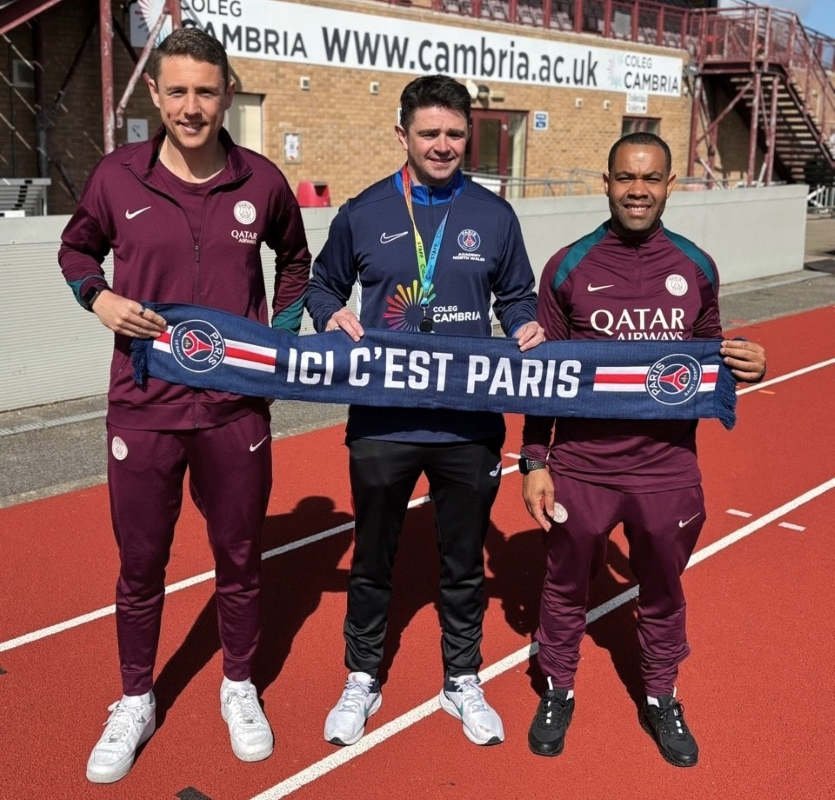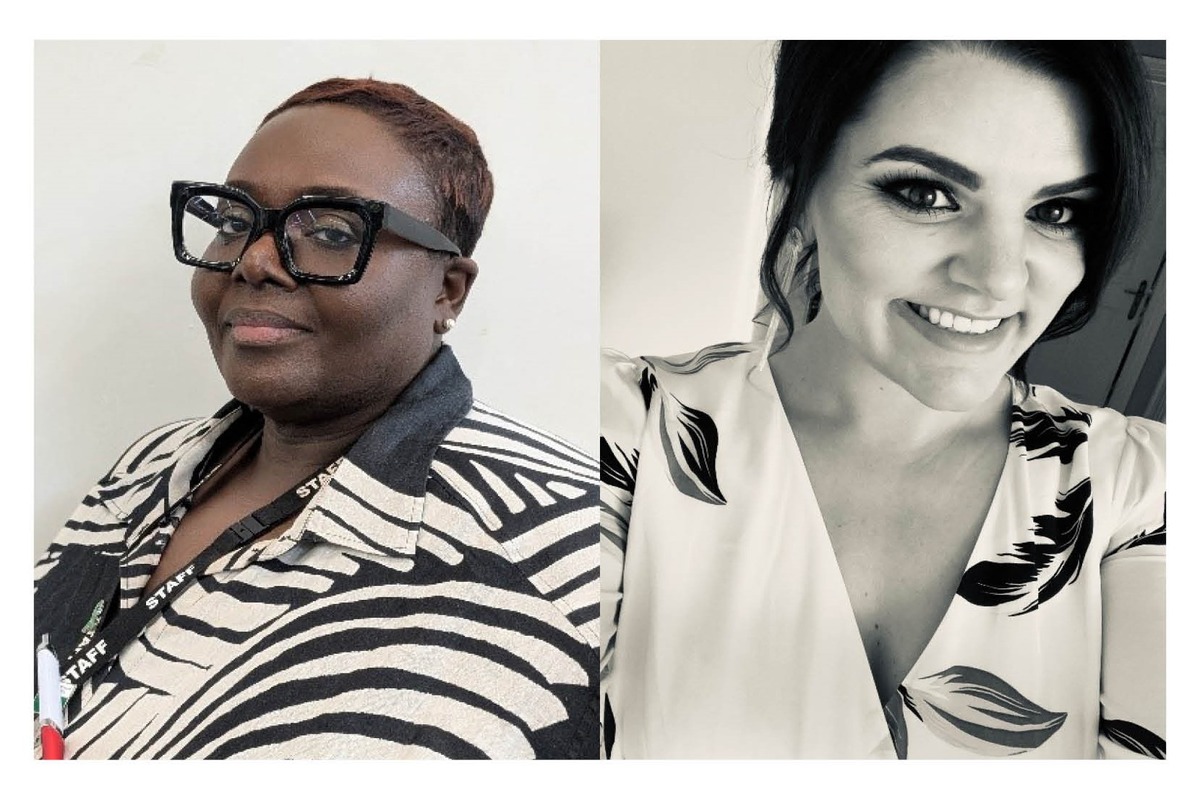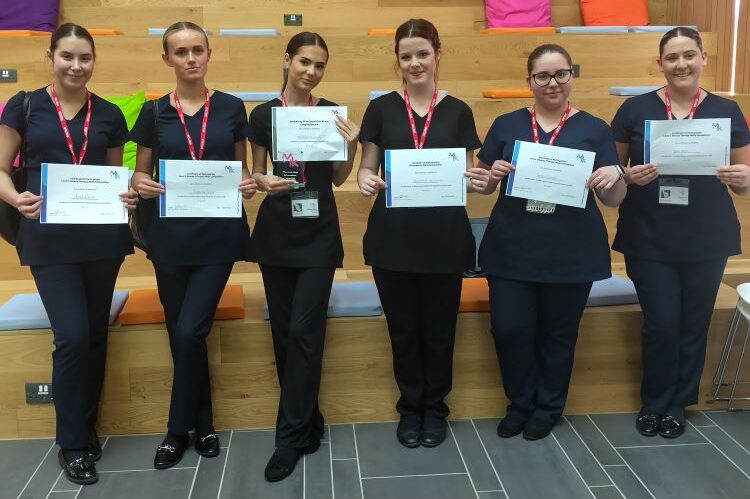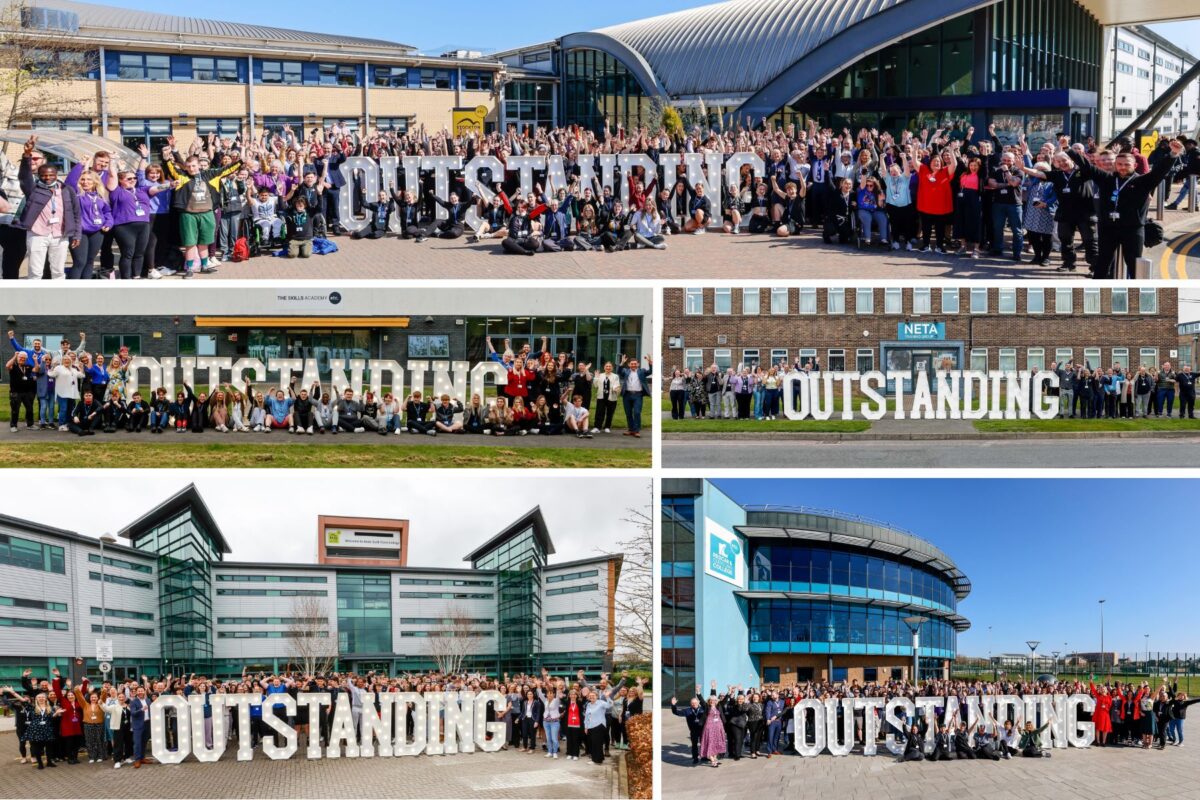Centre for Sustainable Fashion launches co-created platform for tutors seeking to transform fashion education in the context of our times

Centre for Sustainable Fashion, based at London College of Fashion, UAL (@UAL) is delighted to announce the launch of FashionSEEDS (@SEEDS_Fashion, Fashion Societal, Economic & Environmental Design-led Sustainability), a brand new, free-to-use platform created to help fashion educators across the globe in exploring, teaching and learning sustainability practices in and through fashion design.
Created by a European network of fashion universities (University of the Arts London, Politecnico di Milano, Estonian Academy of the Arts and Design School Kolding) under the leadership of Professor Dilys Williams, Director of Centre for Sustainable Fashion at London College of Fashion, UAL, FashionSEEDS offers insights from tutors and researchers and a range of resources to help tutors consider the why, what, how and with whom fashion education takes place. It offers ways to reflect and act to demonstrate the positive impact and the discipline of fashion design for sustainability can have in our world.
Designed with, by and for a range of tutors in mind, from those just beginning to integrate sustainability in their teaching to those with deep expertise, FashionSEEDS is a resource that tutors can return to as their needs evolve within fashion education.
FashionSEEDS features a brand-new guide, the Tutor’s Toolkit, which can be applied or adapted to help educators consider ways to put nature and equity at the heart of fashion design curricula. This includes:
- Course Designer: Aiming to equip educators and course teams to foreground and apply fashion design for sustainability principles and practice in their teaching and learning design
- Design Canvas: Supporting academics, leaders and practitioners in identifying their strategic priorities through a holistic approach to fashion design for sustainability
- Cards: Offering practical exemplars for fashion educators to adapt and apply sustainability-oriented course content to reform, transform or complement current teaching and learning
- Learning Activity Tool: Sharing 24 teaching activities developed to be integrated into existing courses or to be used as inspiration for building new course content
Alongside the toolkit’s materials, the FashionSEEDS team have designed key resources to help underpin the practicalities of teaching and learning. These include the Reader, a pocket book to the platform which acts as a stand-alone reference in fashion design education for sustainability in higher education, the Library, a curated list of reviewed external platforms, the fashion tutor as sustainability, developed to help tutors in the development of their own practice and the FashionSEEDS project reports, which share the underpinning documents developed in the creation of the platform itself.
Dilys Williams, Director of Centre for Sustainable Fashion at London College of Fashion, UAL, said:
“Education is the leverage point for change in societies, cultures and economies; in this time of climate emergency, personal and systemic change in fashion is needed more than ever. As fashion tutors we have the opportunity and responsibility to be changemakers; to nurture knowledge, skills and capabilities that challenge damaging practices in the existing fashion system and design new systems that restore nature and equity. We can guide and embolden each other in navigating unknown territory using trusted reference points and including practices of care and inclusivity. FashionSEEDS offers tutors connectivity and shared learning to use as they tread the path of systems change.”
The FashionSEEDS platform has been developed through three years of research, reflection and co-design by a group of researchers and tutors from four universities in Europe; University of the Arts London, Politecnico di Milano, Estonian Academy of the Arts and Design School Kolding and through research involving educators in over 70 universities around the world.
The FashionSEEDS team would like to thank the Erasmus+ Programme of the European Union for co-funding this project and all of those who have given their time to contribute to the creation of this work.












Responses